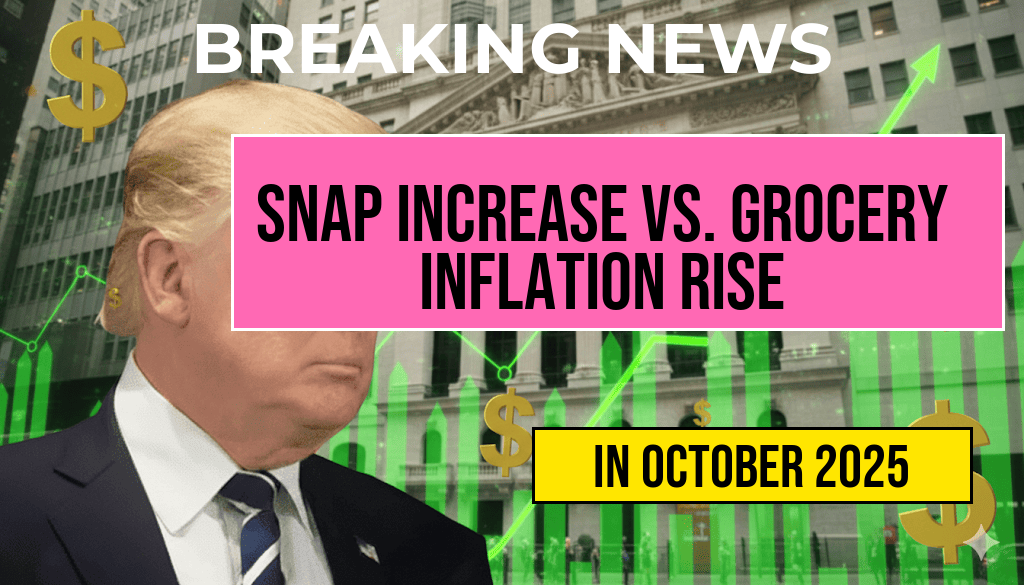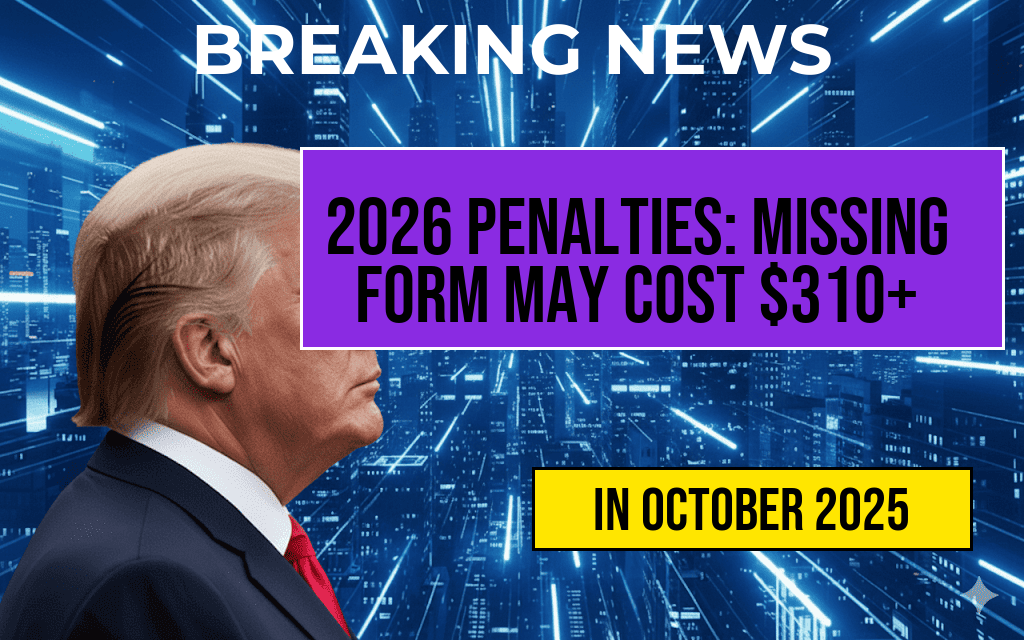The ongoing showdown in Congress over government funding has put Affordable Care Act (ACA) subsidies in jeopardy, with monthly credits ranging from $300 to $800 playing a pivotal role in the negotiations. These subsidies, established to help low- and middle-income families afford health insurance, have become a focal point amid the looming threat of a government shutdown. As lawmakers grapple with budget disagreements, the potential impact on millions of Americans relying on these financial aids raises concerns about accessibility and healthcare affordability across the nation.
Understanding ACA Subsidies
ACA subsidies are designed to reduce the cost of health insurance premiums for qualifying individuals and families. The subsidies are tiered based on income and household size, making healthcare more affordable for those who may struggle to pay full premiums. The current structure allows for substantial monthly credits, which have been vital for many in maintaining their health coverage.
The Impending Shutdown
As the deadline for government funding approaches, discussions among lawmakers have intensified. The primary contention lies between those advocating for cuts to social programs, including ACA subsidies, and those who argue that such cuts would disproportionately affect vulnerable populations. The stakes are high, as failure to reach an agreement could lead to a government shutdown that would halt many services, including those related to healthcare.
Impact on Families and Individuals
- Financial Strain: Without the subsidies, many families could face significant increases in their monthly health insurance premiums.
- Loss of Coverage: Increased costs may lead some to drop their coverage altogether, risking their health and financial stability.
- Healthcare Access: A reduction in ACA subsidies could lead to decreased access to necessary medical services, particularly for low-income individuals.
Political Responses
Responses from politicians have varied greatly. Advocates for maintaining ACA subsidies argue that these financial aids are essential for millions of Americans, particularly in light of economic uncertainties. “Cutting these subsidies is not just a budgetary decision; it’s a decision that impacts the health and well-being of families across the country,” stated Senator Jane Doe (D-CA), a proponent of the ACA.
Conversely, some lawmakers contend that reducing government spending is critical for fiscal responsibility. “We must find ways to cut unnecessary programs to ensure the government’s sustainability,” argued Senator John Smith (R-TX), who supports re-evaluating the funding for ACA subsidies.
The Broader Implications
The potential loss of ACA subsidies could have ramifications beyond just health insurance. Economists warn that decreased access to healthcare can lead to higher emergency care costs, increased uninsured rates, and a greater burden on state healthcare systems. Additionally, the uncertainty surrounding ACA funding could discourage individuals from seeking preventive care, ultimately leading to worse health outcomes.
Public Sentiment
Polling indicates that a significant portion of the American public supports the continuation of ACA subsidies. According to a recent survey by the Kaiser Family Foundation, approximately 70% of respondents believe that maintaining these financial aids is crucial for ensuring that families have access to affordable healthcare. This public sentiment could pressure lawmakers to reconsider their positions as negotiations continue.
Looking Ahead
The next few weeks will be critical as Congress works to avert a shutdown. Health advocates and concerned citizens are mobilizing to urge their representatives to prioritize ACA subsidies in the budget discussions. The outcome of these negotiations will not only determine the fate of health insurance for millions but will also set a precedent for future healthcare policy in the United States.
| Income Level | Monthly Subsidy Range |
|---|---|
| Below 100% of FPL | $300 – $800 |
| 100% – 200% of FPL | $200 – $600 |
| 200% – 400% of FPL | $100 – $300 |
For more information on ACA subsidies, visit HealthCare.gov or read about the implications of government budgets on healthcare policies on Forbes.
Frequently Asked Questions
What are ACA subsidies and how do they work?
ACA subsidies are financial assistance programs established under the Affordable Care Act to help individuals and families pay for health insurance coverage. These subsidies are based on income and can range from $300 to $800 per month, making healthcare more affordable for many Americans.
Why are ACA subsidies at risk during the current shutdown battle?
The shutdown battle involves political negotiations that could potentially affect funding for ACA subsidies. If an agreement is not reached, there is a risk that these financial credits may be cut or reduced, impacting millions of people who rely on them.
Who benefits from the ACA subsidies?
Individuals and families with a household income between 100% and 400% of the federal poverty level are eligible for ACA subsidies. These subsidies are crucial for making health insurance premiums more manageable and ensuring access to necessary medical care.
What could happen if ACA subsidies are eliminated?
If ACA subsidies are eliminated, many people might face significant increases in their health insurance premiums, leading to a potential loss of coverage. This could particularly affect low- to middle-income families who depend on these monthly credits.
How can individuals advocate for the preservation of ACA subsidies?
Individuals can advocate for the preservation of ACA subsidies by contacting their elected representatives, participating in community discussions, and raising awareness about the importance of these financial credits in maintaining access to affordable healthcare.








